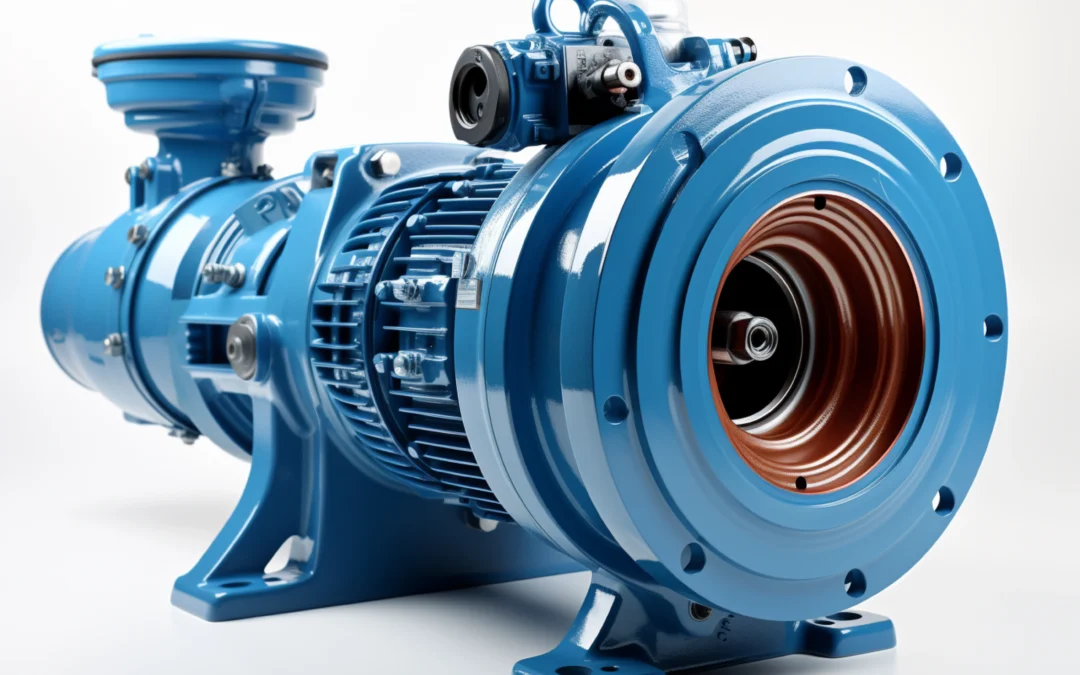Maintaining the cleanliness and efficiency of sewage systems is essential for any facility. Sewage pump servicing plays a critical role in ensuring these systems remain functional and effective. Regular maintenance helps in identifying potential problems early, thereby avoiding costly repairs and disruptions in operations.
Sewage pumps handle large volumes of waste and operate under challenging conditions. Over time, they are susceptible to wear and tear, making consistent servicing crucial. By conducting routine checks and maintenance, we can keep the pumps operating smoothly, enhancing the sewage system’s overall efficiency. Proper servicing also helps extend the life of the pump, providing reliable performance for years to come.
Ensuring your sewage pump is serviced regularly will maintain optimal hygiene, which is especially important in public and commercial spaces. Let’s explore the importance of sewage pump servicing, the benefits it offers, what to include in a comprehensive service, and how regular maintenance can prevent common issues.
Understanding the Importance of Sewage Pump Servicing
Regular servicing of sewage pumps is fundamental to the smooth operation of any waste management system. These pumps work tirelessly to move wastewater from lower to higher elevations, and over time, they can accumulate debris, face wear and tear, or experience mechanical failures.
Without proper servicing, the risk of pump malfunction increases, leading to potential overflow, foul odours, and even environmental hazards. Servicing helps us catch these issues early, ensuring that the pumps continue to operate efficiently and prolong their lifespan.
A routine service typically involves inspecting the various components of the pump, including the impeller, motor, and seals. Cleaning and lubricating these parts can prevent buildup and reduce friction that could otherwise lead to breakdowns.
By maintaining the integrity of the pump, we ensure continuous and reliable operation, thereby safeguarding the environment and public health. Regular servicing also helps us comply with regulations and avoid costly fines or repairs that could arise from neglect.
Key Benefits of Regular Sewage Pump Maintenance
- Improved Efficiency: Regular maintenance ensures that all parts of the pump are in optimal condition, reducing the workload on the motor and enhancing the overall efficiency of the pumping station. This means less energy consumption and lower operational costs for us.
- Extended Lifespan: By identifying and rectifying issues early, we can prevent minor problems from escalating into major failures. Routine servicing extends the life of the pump, delaying the need for costly replacements and reducing long-term expenses.
- Reliability: Knowing that our sewage pumps are well-maintained provides peace of mind. Regular checks help prevent unexpected breakdowns, ensuring that the pump station operates smoothly without interruptions. This reliability is crucial for maintaining public and environmental health.
- Health and Safety: Properly maintained pumps reduce the risk of sewage leaks and contamination. Ensuring that waste is effectively transported and treated protects both the environment and the community from harmful pollutants and bacteria.
In summary, regular sewage pump maintenance is key to keeping our waste management systems running efficiently and reliably. It saves money, extends the life of the equipment, and protects both the environment and public health, making it an essential practice for any facility.
Factors to Consider When Installing a Sewage Lifting Station
Installing a sewage lifting station requires careful planning and consideration of several factors. One of the first things to evaluate is the location. The station should be positioned in an area that can easily collect and lift wastewater to higher elevations. It also needs to be accessible for maintenance work and protected from potential flooding.
Another crucial aspect to consider is the capacity of the station. Accurately estimate the volume of wastewater it will need to handle to choose the right size and pump power. Assess the type of waste and solids content that the system will manage to select suitable pumps and filters.
Additionally, adherence to local regulations and standards is necessary to ensure compliance and avoid potential legal issues.
Tips for Maintaining Your Sewage Lifting Station
Proper maintenance of your sewage lifting station is essential for its efficient operation and longevity. Begin by setting up a regular inspection schedule. Routine checks help identify minor issues before they escalate into major problems. Inspect the pumps, control panels, and float switches regularly to ensure they are in good working order.
Cleaning the collection tank and removing debris is also vital. Accumulated waste can impede the system’s efficiency and lead to blockages. It is important to verify that all electrical connections are secure and free from moisture.
Lastly, document all maintenance activities and repairs to keep an accurate service history. This record can be invaluable for future troubleshooting and ensuring consistent upkeep.
The Impact of Regular Sewage Servicing
Understanding sewage lifting stations and their role in waste management allows us to optimise these systems for better performance and reliability. These stations are key in ensuring waste is moved efficiently, even from low-lying areas. Proper installation and regular maintenance are fundamental to maximising their benefits and extending their operational life.
At A&C Pumps Ltd, we specialise in providing high-quality sewage lifting stations tailored to your needs. Get in touch with us today to learn more about our solutions and how we can help improve your waste management system. Contact us for expert advice and reliable products!

